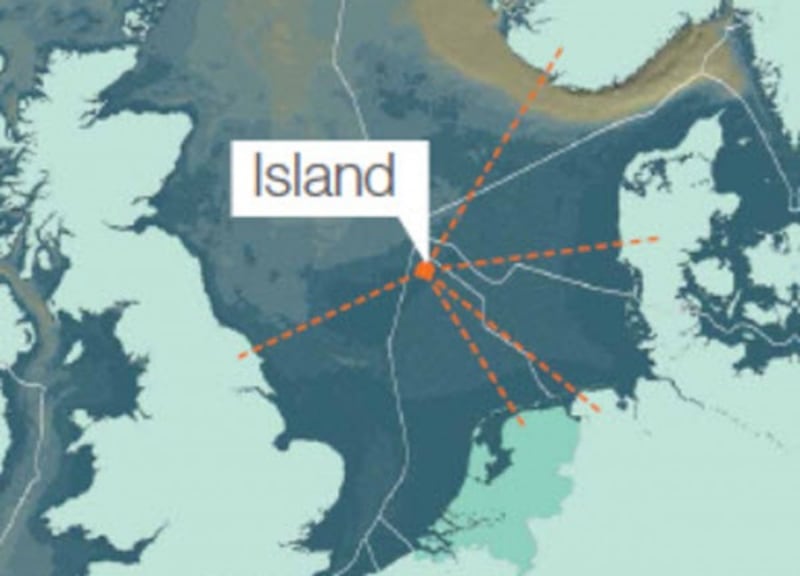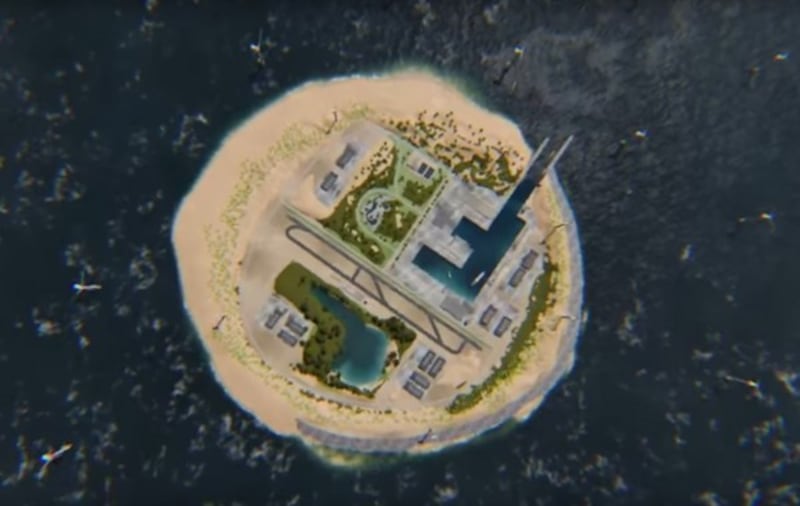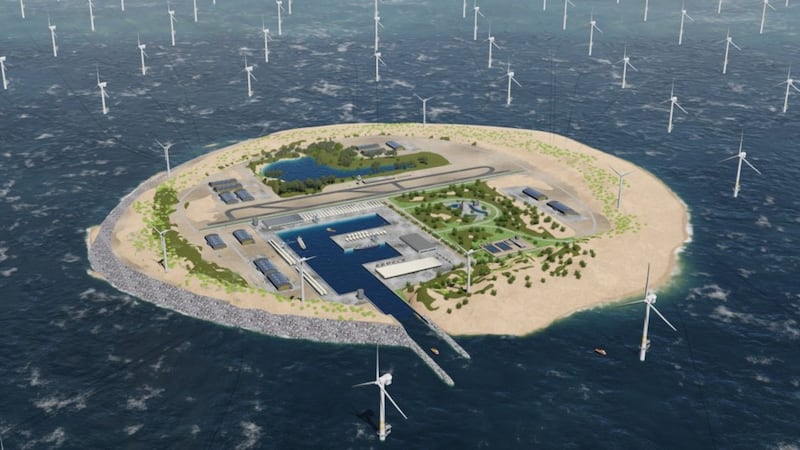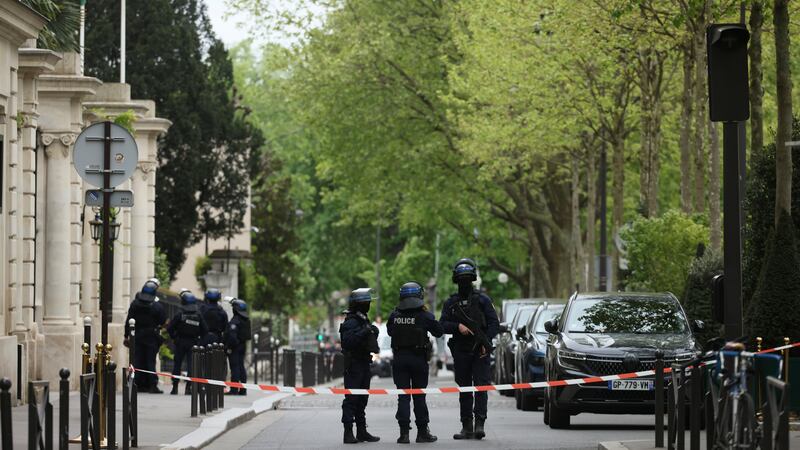A group of European companies has teamed up to look into building an artificial island that could supply electricity to millions of homes and businesses with minimal impact on the environment.
TenneT, a company based in Netherlands and Germany, has teamed up with Danish business Energinet to build what they call the North Sea Wind Power Hub on Dogger Bank, a large sandbank about 100 km off the east coast of England.
The companies are expected to sign a trilateral agreement in Brussels on March 23.
If the plans are given the go-ahead, it would supply renewable energy to 80 million homes in the Netherlands, Denmark, Germany, Norway, Belgium and the UK.
The artificial island, which is proposed to be six square kilometres, will come with a harbour and a landing strip for aircraft.
The hub will house a small team of permanent staff and connect to large wind farms at sea via a power link.
Mel Kroon, CEO of TenneT, said: “This project can significantly contribute to a completely renewable supply of electricity in north-west Europe. TenneT and Energinet.dk both have extensive experience in the fields of onshore grids, the connection of offshore wind energy and cross-border connections.”
The aim of the hub, the partners say, is to harness solar and wind energy on a large scale to help reduce carbon emissions significantly and produce electricity more sustainably.

The companies said in a joint statement: “Wind and solar energy complement each other: there is more sun from spring to autumn, and more wind in the colder and darker months of the year.
“So a sustainable and stable energy system for the future will need solar and wind energy, both on a large scale.
“This requires optimum cooperation and synergy because it cannot be accomplished by individual member states on their own.”
Although, it may sound like the stuff of science fiction, Torben Glar Nielsen, the technical head Energinet, told Copenhagen Post “fantasy” hasn’t taken over the project.

He said: “We haven’t let our fantasy gain the upper hand, although it may sound a little crazy and like something out of science fiction.
“We who have the responsibility of transporting the electricity generated by offshore wind turbines back to land and the consumers must constantly push and make sure that the price continues to fall.
“That requires innovative big-scale solutions and an energy hub in the North Sea is worth thoroughly looking into.”
The project is expected to cost 10 billion kroner (£1.2 billion).





